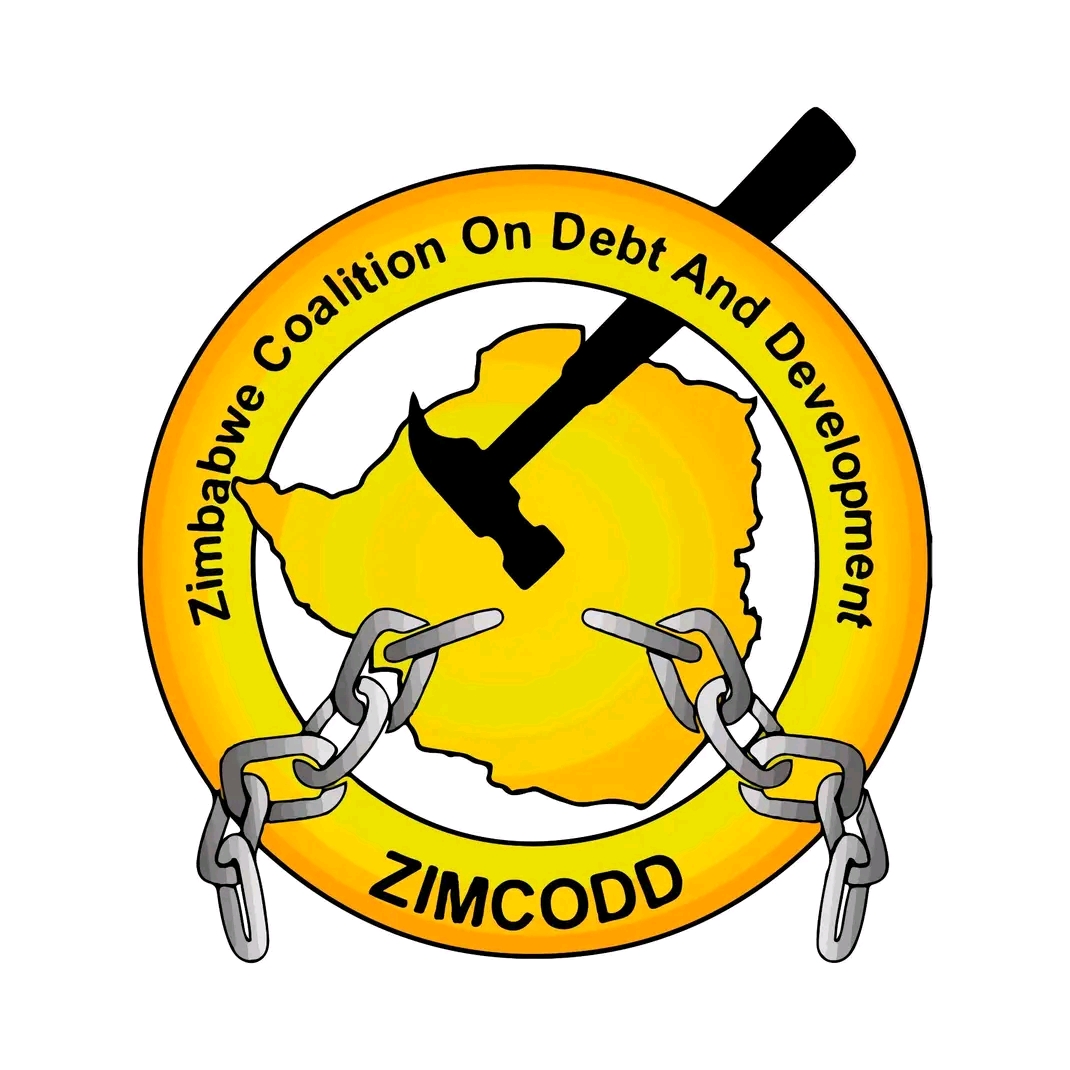|
Getting your Trinity Audio player ready...
|

By Lloyd Rabaya
The Ministry of Primary and Secondary Education (MoPSE) has cried foul over the current socio-economic state that hinders them from running smoothly.
According to the Zimbabwean constitution, “The State must take all practical measures to promote free and compulsory basic education for children and higher and tertiary education.”
Yearly, the government allocates a portion of the national budget to various sectors, including education, but with hyperinflation, the value is eroded as the funds are in Zimbabwean Dollar (ZWL).
This year, the Ministry of Primary and Secondary Education was allocated ZWL500 billion, but due to the instability of the economy and inadequate disbursement of funds, they will only have to use ZWL200 billion.
Addressing the post-budget expenditure tracking workshop, which was organised by the Zimbabwe Coalition on Debt and Development (ZIMCODD) over the weekend, Chief Accountant in MoPSE, Mr. Badwell Manjoro-Nyoni said that despite education being a priority, they often get inadequate releases from the finance ministry.
“From January, we have been given ZWL26 billion of which ZWL20 billion was for the Zimbabwe School Examinations Council (ZIMSEC) honouring up to the ZWL120 billion that we owe from last year.
In terms of operations, we were supposed to give ZIMSEC ZWL211 billion this year.
So, from the ZWL500 billion that we were allocated with, ZWL300 billion is going to ZIMSEC,” he said.
The remnants of the depreciative amount are what the Ministry will survive on.
Manjoro-Nyoni also said that education financing is from the government, partners, and parents. However, parents now carry the onus of paying fees despite the government having promised free education.
According to the United Nations Sustainable Development Goals (SDGs) goal number 4, quality education should be available to all, but from the Zimbabwe National Statistics Agency (ZimStat) 2022 Population and Housing Census, about 2 million children of school-going age were not going.
“As a nation, we are falling short of about 2 953 schools, especially in the eight rural provinces where we have a great number of unregistered secondary schools,” he told the participants.
In Zimbabwe, there are 912 unregistered primary schools and 963 satellite schools against 5 511 registered schools.
For secondary schools, 2 245 are registered, while 784 are satellites and 102 remain unregistered.






